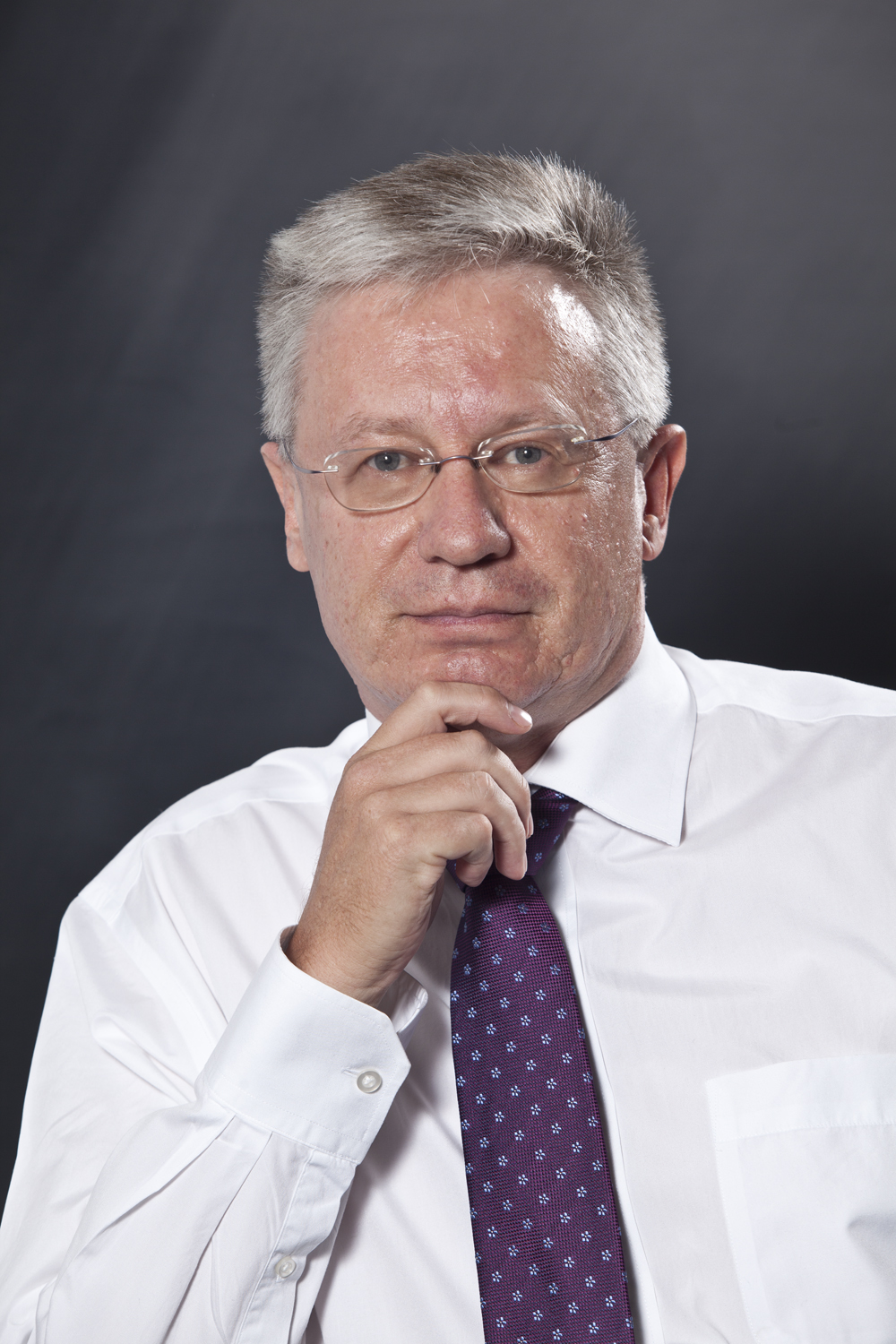The outcome of the ANCs long-awaited KwaZulu-Natal conference was a win for the Thuma Mina crowd. (Delwyn Verasamy/M&G)

Africa’s infrastructure deficit is rightly considered a top priority in unleashing the continent’s economic, social and developmental potential. One statistic alone illustrates the magnitude of the challenge that lies ahead: it will take Africa until 2080 to achieve universal access to electricity at the present rate of progress.
This was revealed in the Africa Progress Report released during this year’s World Economic Forum on Africa in Cape Town, which singled out the energy crisis as the continent’s most pressing challenge. This challenge is framed not only in the context of providing power to the more than 600 million people without access to it, but the disastrous effects that unmitigated climate change will have on food security, economic development and quality of life.
“Climate change demands that we rethink the relationship between energy and development,” Kofi Annan, chair of the Africa Progress Panel, wrote in the report’s foreword. “The carbon-intensive energy systems that drive our economies have set us on a collision course with our planetary boundaries. We can avoid that collision.
“African nations do not have to lock into developing high-carbon, old technologies; we can expand our power generation and achieve universal access to energy by leapfrogging into new technologies that are transforming energy systems across the world.”
It is a view shared by billion-dollar energy conglomerates such as the Swiss-headquartered corporation ABB, which operates in more than 100 countries.
Leon Viljoen, managing director: Southern Africa at ABB, said in an interview with Mail & Guardian Africa that reliable energy was certainly important in getting local and regional economies to grow.
One of the keys to success in the renewable energy sector was the need for a solid regulatory framework that provided certainty for all players, he said.
“In South Africa, I think we did it right in the sense that we put the policies and frameworks in place. A lot of other African countries are battling with that. Also, renewables are an important source; you can supplement base stations with renewables,” he said.
This is demonstrated in South Africa’s renewable energy programme, which has added more than 4?000MW to generation capacity over the past three years — about 10% of the energy produced by Eskom’s mainly fossil-fuel generation.
Be that as it may, ABB is seeing strong demand for its power engineering services on the continent. The company has been active in Africa for more than 20 years, with 11 local offices south of the equator.
“From an ABB perspective there is more of a focus on Africa because there is a lot more political stability, there is a lot of finance flowing into Africa and infrastructure development. For us, it’s interesting times and if I had a choice of where I would like to lead an ABB country, it is definitely in Africa.
“All of the sectors we play in are on the up. In mining, with the commodity prices being low, there has been a lot of pullback, and together with the oil and gas sector probably has the most challenges. But then again in both those sectors you don’t invest in what is happening now; all decisions in those sectors are long-term decisions. Things might be delayed, but they’re not cancelled.”
He said ABB has seen strongest growth in basic infrastructure and transportation projects, particularly in rail. Countries that are investing in rail infrastructure included South Africa, Zambia, Namibia and Mozambique.
“We seeing things picking up, and we’re seeing that in most of our offices in Southern Africa,” he said.
He was also upbeat on a coming together between the private and public sectors on resolving infrastructure backlogs. Viljoen said that more open discussion and debate would go a long way to overcoming the mistrust that was sometimes evident.
“It’s not an issue of ‘us’ and ‘them’: we’re all in the same boat. So, let’s try and have good debate and we can put new technologies on the table and [learn from] how things have been done in other parts of the world. There must be some experience that we can bring to the table to assist governments in solving problems they have.”
One of the challenges for international players such as ABB is the requirement to fulfill localisation demands. This is, understandably, a priority for countries that wish to build local expertise and capacity in order to minimise reliance on global suppliers.
Viljoen views this requirement as one of the conditions of operating in Africa and is pragmatic about its implementation. He said that nine of ABB’s 11 country offices were led by local executives.
“If you see it from our perspective, where it is a ticket to doing business you make it happen,” he said. “No one says it is easy, we just need to do it. And that is ABB’s philosophy wherever we work; I don’t see it as a big hurdle.”
What does remain a hurdle is access to the right level of human resources. ABB undertakes continuous training of its personnel. “One of the big areas of concern is the competition for skills. In these countries there aren’t huge skills bases and that is probably a bigger concern than competition for projects. We are always looking at how we secure the skills base, and that might mean bringing in additional people. So it’s a balancing act between overstaffing an office and staffing it critically, so that if you lose a person or two you’re not in trouble.”
This particular challenge is one that is not likely to be resolved overnight, especially given the rate of development required to tackle Africa’s infrastructure backlog.
In many ways, it mirrors the challenges and opportunities that infrastructure projects present: much needs to be done, and can really only be done as a partnership — a partnership between the public and private sectors, and international organisations and local skills.